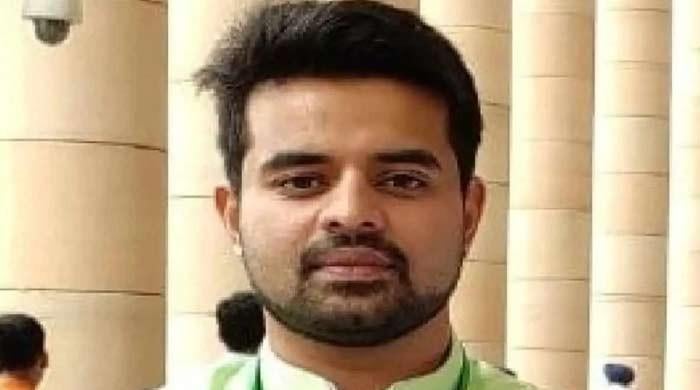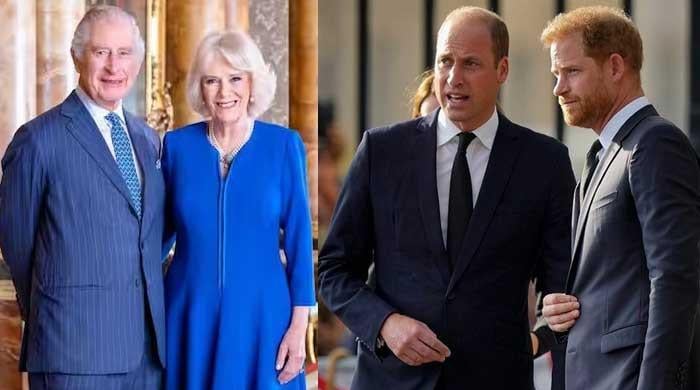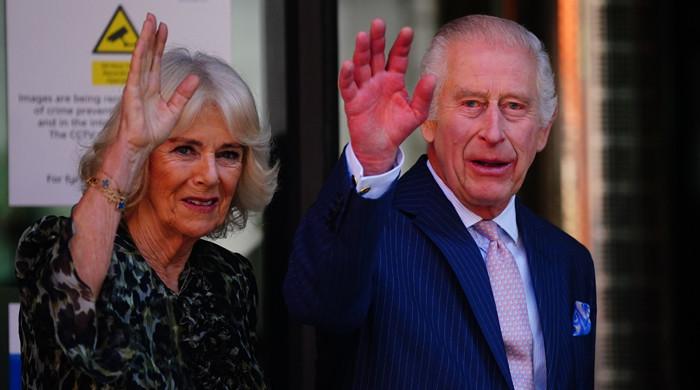An Indian-origin techie took to X (formerly Twitter) to share his painful experience of getting a green card after living in the US for over nine years. He highlighted the shortcomings of the H-1B visa system, calling it “extremely restrictive.” The Indian techie’s case is just one of hundreds of thousands of highly skilled professionals from India who face extremely long waits, potentially decades, to obtain permanent residency in the United States.
The techie who works for an internet giant explained his green card ordeal in a lengthy post after waiting 3,505 days to receive permanent residency status.
“After living in this country for 3505 days [US], I finally became a “permanent resident”. I can travel without having to constantly worry about my visa stamp or I-94 date or a million other things,” the Indian techie wrote on X.
After his post went viral and the issue “exploded,” he has now deleted the post and made his X account private.
Despite the long wait, he considers himself a “lucky” man. He said he was lucky that countless talented engineers and researchers had worked in the United States for years without green cards.
“I’m lucky. Countless talented engineers and researchers have been working here on ‘temporary’ H1-B visas without green cards. The wait for green cards for highly skilled workers from India is decades long, with no end in sight.” he wrote on X.
H-1B visa regime restricted: Indian tech workers
In his now-deleted X post, the Indian-origin techie called the H-1B visa system “restrictive” and explained why.
“The H-1B visa is extremely restrictive. Every few years, you need to get a new visa stamp from a U.S. consulate abroad. If you don’t have that, you can’t enter the U.S. I’ve never been to one event. Hence the meeting ,”He said.
He further listed common situations that are problematic for H-1B visa holders.
“I have friends who have been unable to travel to say goodbye after their loved ones died because they were on H1-B visas and couldn’t get visa appointments. I can’t overstate how inhumane this is,” he added.
For many Indians, obtaining permanent residency in the United States remains a dream. Several bills are being discussed in the Senate and Congress to address this issue. However, immediate relief seems unlikely.
“Multiple bills have been introduced in the Senate and Congress to try to address this problem, but it remains a pipe dream. If the United States wants to continue attracting the best talent in the world, it should first take a hard look at how it treats that talent.” It already has Talent,” the Indian-origin techie wrote on X.
When the Indian techie broke the news that he had obtained a green card, many X users asked him how he could obtain permanent residency in just nine years, considering the typically long wait of up to ten years.
“People have been asking me how I got it in 9 years if the wait time was decades. I applied under the EB1 category, which is a little quick. But that’s not the point. Putting people in a situation where The status quo has been inhumane for decades, regardless of visa category,” he said.
The right wing also posted “questioning why he left India”.
An Indian techie wrote on Once again.”
Indians need to wait several years to apply for a green card
More than a million Indians are lining up to apply for a US green card, with many professionals waiting for more than a decade.Data comes from USCIS shows over 1.2 million Indians waitingthere is a large backlog in the EB-1, EB-2 and EB-3 categories.
The National Foundation for American Policy (NFAP), which analyzed data from the U.S. Citizenship and Immigration Services, said long wait times could cause problems for individuals and their families and could also make it harder for the U.S. to attract and retain talented workers. .
NFAP analyzed USCIS data and found that as of November 2, 2023, there were 1,259,443 Indians in the top three employment-based immigration categories.
Longer waiting times for Indians mean they are more likely to have spouses and children, leading to an underestimation of dependents.
Without action from Congress, the backlog is expected to grow. According to Forbes, the Congressional Research Service (CRS) estimates that the backlog of Indian cases in these categories will reach 2,195,795 by fiscal year 2030, taking 195 years to clear.
Follow us on Google news ,Twitter , and Join Whatsapp Group of thelocalreport.in
















